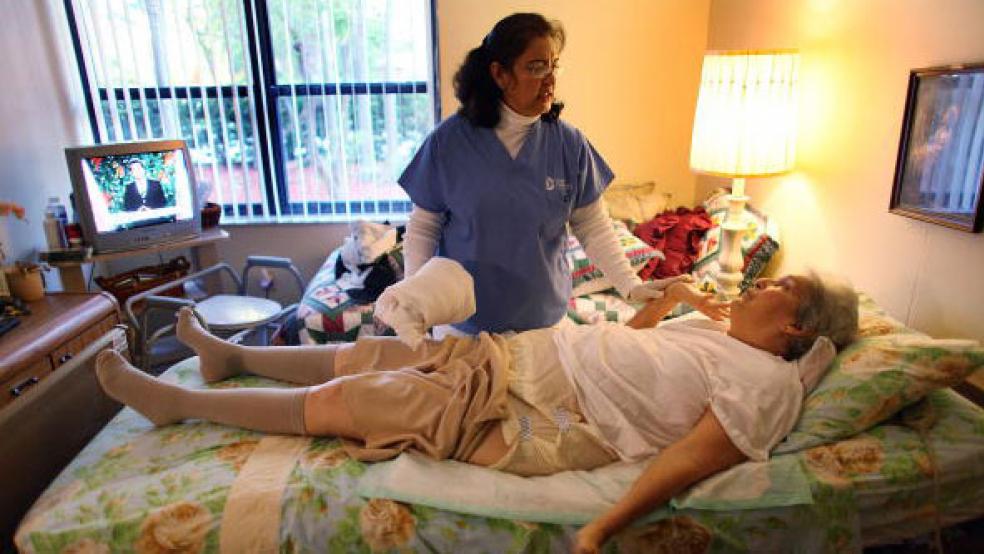Total outlays for Medicaid reached $596 billion in the 2017 fiscal year, up from $565 billion in 2016, and the program’s vast size and complexity makes it particularly vulnerable to issuing large numbers of “improper payments” – defined as “any payment that should not have been made or that was made in an incorrect amount under statutory, contractual, administrative, or other legally applicable requirements.”
According to a new report from the Government Accountability Office, improper payments continue to be a serious and growing problem, despite recent efforts to reduce them. In 2017, such payments accounted for an estimated “$37 billion of federal Medicaid expenditures, an increase from an estimated $29.1 billion in fiscal year 2015.”
Improper payments cover a wide range of issues, from improper documentation to outright fraud. The GAO report highlights the lack of coordination between federal and state agencies, and the poor quality of the payment data collected by individual states. Without accurate, complete and timely data, provided by well-trained staff, the government can’t properly track and verify billions of dollars’ worth of payments, the GAO warns.
To get a better grip on the problem and finally make some headway in reducing improper payments, the GAO recommends, not for the first time, that the federal government work more closely and effectively with the states to combat this worrisome trend.




